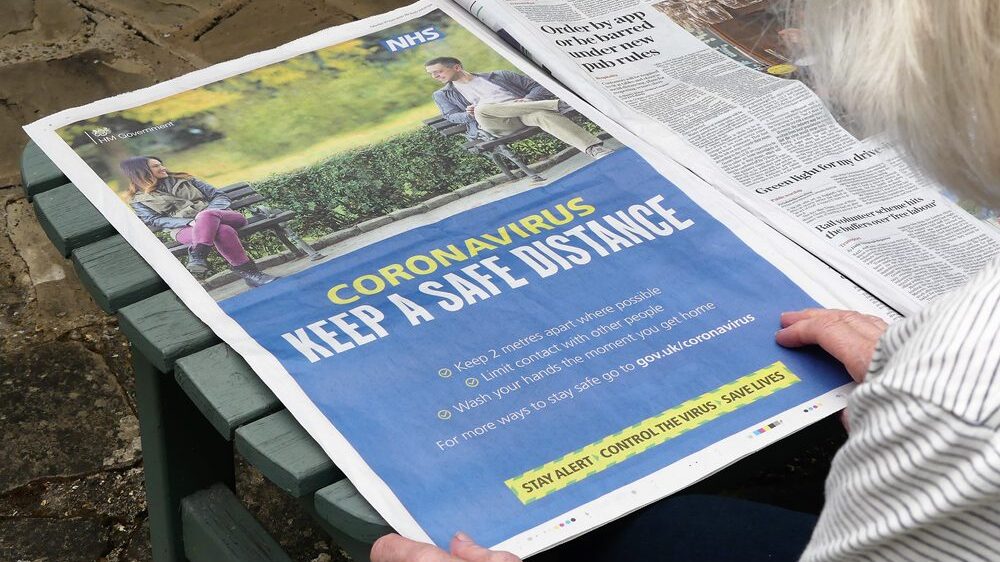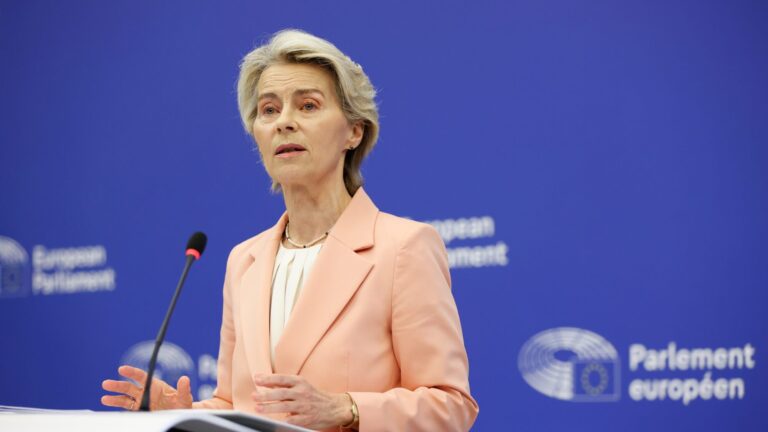London newspaper The Daily Telegraph has been handed over 100,000 WhatsApp messages, comprising around 2.3 million words, linked to disgraced former UK Health Secretary Matt Hancock. It claims these give a unique insight into how “huge decisions were sometimes made on the hoof” during the COVID era. Leaked texts show Mr. Hancock, who broke his own lockdown rules and now appears dead set on acquiring celebrity status, mounted a “rearguard action” to close schools despite some pushback; that the government was told its shielding measures were not “very effective,” yet still kept millions in check for months; and there was no good reason to impose the ‘rule of six’ on children, but, again, ministers did it anyway. Much has been written about how the government persuaded millions of Britons to follow sometimes contradictory, sometimes inhumane rules—another subject to which these new messages add further weight.
The Telegraph has obtained more than 100,000 WhatsApp messages sent between Matt Hancock and other ministers and officials at the height of the Covid-19 pandemic.
— The Telegraph (@Telegraph) February 28, 2023
These are #thelockdownfiles
In early 2020, shortly after Britain followed Italy’s lead and locked itself down, the health secretary messaged his mate and old boss George Osborne, then the editor of London’s Evening Standard. Desperate to boost COVID testing, seemingly due to a desire to meet a political target rather than to improve public health, Mr. Hancock said he needed to “call in a favour.” The messages, published in the Telegraph, saw the health secretary explain how the demand for testing “just isn’t there,” so “I could really do with a testing splash.” He asked: “Can we make this happen?” To which Mr. Osborne: “Yes—of course—all you need to do tomorrow is give some exclusive words to the Standard and I’ll tell the team to splash it.” In a text that could be interpreted in more ways than one, Mr. Hancock declared: “Now I’ll find out how strong the bonds of loyalty are!” He needn’t have worried; Mr. Osborne promised that “you’ll like the editorial,” and the article duly appeared here.
Freddie Sayers, editor of UnHerd, has highlighted the way in which the exchange “shows how close to a propaganda state we got during COVID,” with the “media taking direct orders from their chums in government to stoke fear and ‘demand’ for virus services that wasn’t there.” “Close,” he added, because “not all media followed the line.”
Journalist Toby Young established Lockdown Sceptics (now The Daily Sceptic) during the COVID era and has since written on countless occasions about the running of the lockdown state. Responding to the above government-media dialogue, he told The European Conservative:
It is shocking how Matt Hancock was able to rely on his old chum to publish stories that helped him promote his agenda. But the person who’s at fault here is George Osborne. Politicians will always try to use whatever levers they can to pursue their own self-interest. The Evening Standard should have been holding him to account, not acting as his mouthpiece.
It is worth noting that many in the government at the time (not that these things change) held close relations with top figures in the British press—many even closer than that between Mr. Hancock and Mr. Osborne. During lockdown, government minister Michael Gove was married to popular journalist Sarah Vine; Dominic Cummings, leading advisor to the then-prime minister Boris Johnson, to The Spectator commissioning editor Mary Wakefield (notice that, despite marriage, these connections are rarely given away by surnames); and Mr. Johnson himself was (is) understood to be chummy with Harry Cole, political editor at The Sun, who also once dated his wife. The list goes on, showing there were—and are—always voices in the right places.
The government also set the tone of the nation’s newspapers in a slightly more indirect way during lockdown, by becoming their largest source of advertising funds while businesses across the country were forced to close their doors. This meant that barely a day went by without one or another government poster—often quite striking—appearing in the pages of the daily news.





